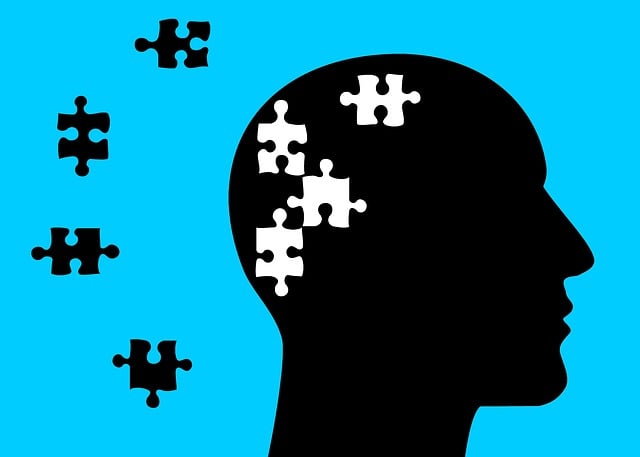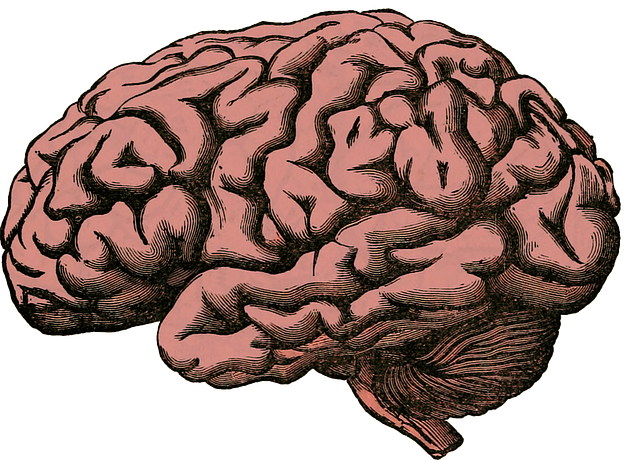TL;DR:
Healthcare professionals in high-pressure settings like emergency departments face burnout, characterized by emotional exhaustion and reduced job satisfaction. The Lakewood EMDR Therapy center tackles this issue through:
Coping skills development: Equipping staff with tools to manage workload and stress.
Stress reduction methods: Utilizing evidence-based techniques like Eye Movement Desensitization and Reprocessing (EMDR) to process traumatic memories and reduce anxiety.
Promoting resilience: Building mental fortitude to better cope with high-pressure situations.
Lakewood EMDR Therapy, specifically, offers:
Personalized guidance for stress management.
Mindfulness techniques during breaks to recharge.
Work-life balance support through flexible arrangements and counseling services.
By prioritizing mental health and implementing supportive work environments, organizations can effectively prevent burnout, leading to increased job satisfaction and improved patient care.
In the demanding landscape of healthcare, provider burnout is a pressing issue. This comprehensive guide explores effective strategies to combat fatigue among medical professionals. We delve into the root causes of burnout, highlighting the role of EMDR therapy in stress reduction. Additionally, we discuss creating supportive work environments, fostering self-care practices, and setting boundaries. Furthermore, evidence-based long-term prevention methods are explored, offering valuable insights for healthcare providers seeking well-being. For a deeper look, consider Lakewood EMDR Therapy as a powerful tool in managing stress.
- Understanding Burnout Among Healthcare Providers
- The Role of EMDR Therapy in Stress Mitigation
- Creating a Supportive Work Environment
- Promoting Self-Care and Boundaries
- Evidence-Based Strategies for Long-Term Prevention
Understanding Burnout Among Healthcare Providers

Burnout among healthcare providers is a growing concern, affecting their well-being and patient care quality. It’s more than just feeling stressed; it’s a state characterized by emotional exhaustion, depersonalization, and reduced personal accomplishment. This phenomenon is prevalent in professions like medicine where professionals consistently face high-pressure situations, long working hours, and heavy workloads. In the case of emergency departments, such as those in Lakewood, where staff often deal with critical and life-threatening situations, burnout risk can be even higher.
Understanding burnout involves recognizing its signs early on. These may include increased irritability, cynicism towards patients or colleagues, and a sense of detachment from work. The Lakewood EMDR Therapy center, along with Stress Management Workshops Organization, plays a vital role in offering coping skills development and stress reduction methods to combat this issue. These initiatives aim to equip healthcare providers with effective strategies for managing their workload, improving resilience, and enhancing their overall mental health.
The Role of EMDR Therapy in Stress Mitigation

EMDR Therapy, or Eye Movement Desensitization and Reprocessing, has emerged as a powerful tool in healthcare settings for mitigating stress and preventing burnout among providers. This therapeutic approach helps individuals process traumatic memories and negative experiences, reducing their emotional impact. By encouraging bilateral stimulation—such as side-to-side eye movements—EMDR facilitates the brain’s natural healing process, allowing individuals to reframe distressing memories and associated beliefs.
In healthcare environments, where staff regularly encounter high-stress situations, EMDR Therapy can play a pivotal role in fostering resilience. Studies have shown its effectiveness in reducing symptoms of anxiety and depression, promoting positive thinking, and enhancing overall well-being. Moreover, integrating EMDR into public awareness campaigns and crisis intervention guidance can empower healthcare providers with valuable tools to navigate challenging scenarios, ultimately contributing to improved patient care and job satisfaction.
Creating a Supportive Work Environment

In creating a supportive work environment for healthcare providers, organizations can significantly mitigate burnout risk. This involves implementing policies that prioritize mental health and well-being, such as integrating regular Self-Care Practices into job schedules. Encouraging open communication channels and fostering a culture of empathy and support further strengthens this protective network. For instance, employing techniques like Mindfulness Meditation during breaks can help medical professionals recharge and refocus, enhancing their resilience against workplace stress.
At the heart of these efforts should be a commitment to ensuring healthcare workers feel valued and empowered. This might involve offering flexible work arrangements, providing access to counseling services like Lakewood EMDR Therapy, and promoting collaborative decision-making. By fostering an atmosphere where professionals can openly discuss challenges and successes without fear of judgment, organizations can build a more supportive and cohesive work environment—one that actively discourages burnout and promotes long-term job satisfaction.
Promoting Self-Care and Boundaries

Healthcare providers, especially those in high-stress roles like emergency medicine, often struggle with burnout due to prolonged exposure to intense emotional and physical demands. Promoting self-care and setting healthy boundaries is a vital component of burnout prevention strategies. This includes prioritizing personal well-being through regular exercise, adequate sleep, and healthy nutrition.
At Lakewood EMDR Therapy, we emphasize the importance of integrating these practices into daily routines. Our approach involves tailored guidance on managing stress, recognizing signs of emotional exhaustion, and establishing clear boundaries between work and personal life. By incorporating self-care techniques, healthcare providers can enhance resilience, reduce symptoms of depression prevention, and improve overall mental health, ultimately contributing to more effective patient care.
Evidence-Based Strategies for Long-Term Prevention










